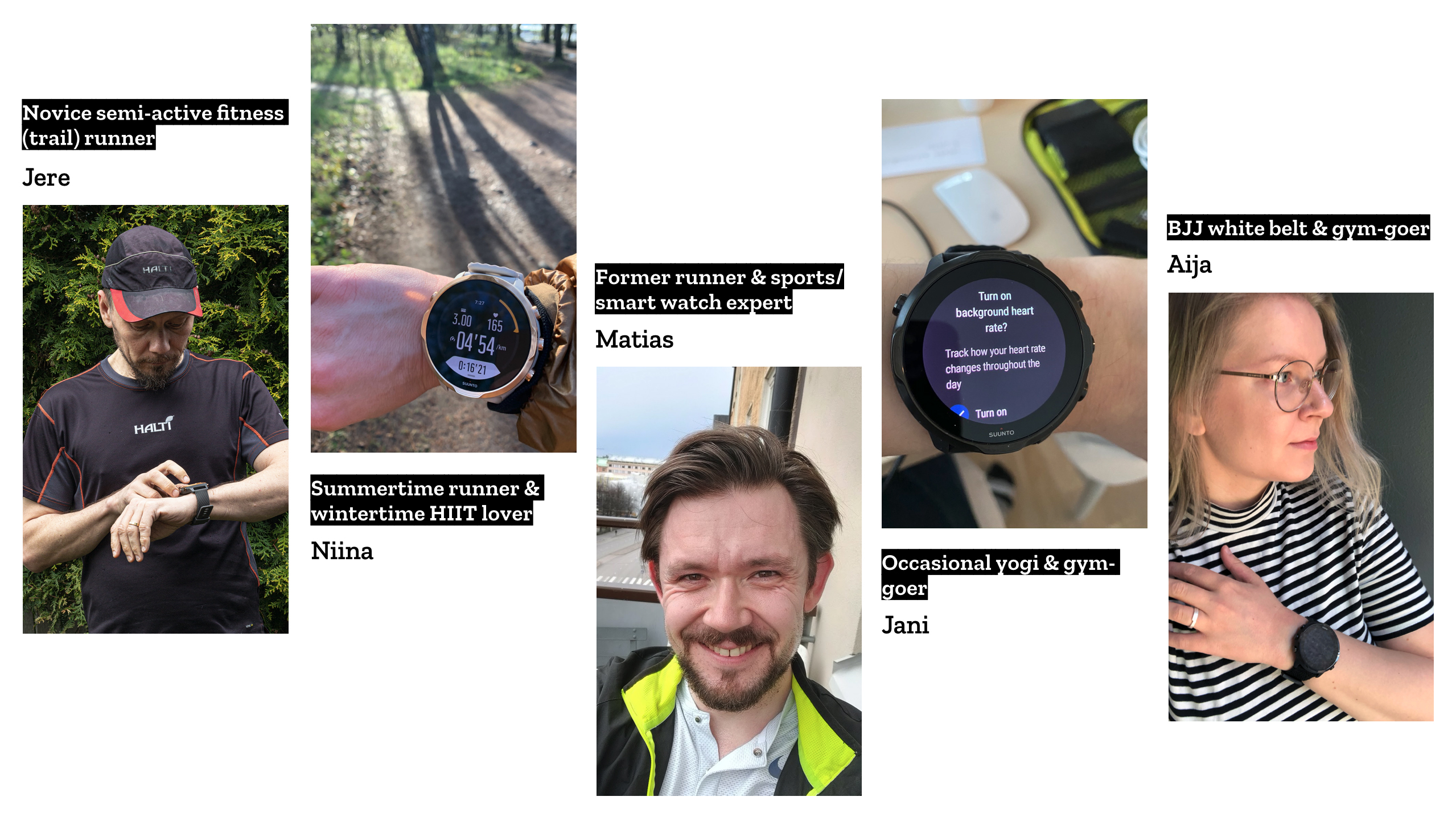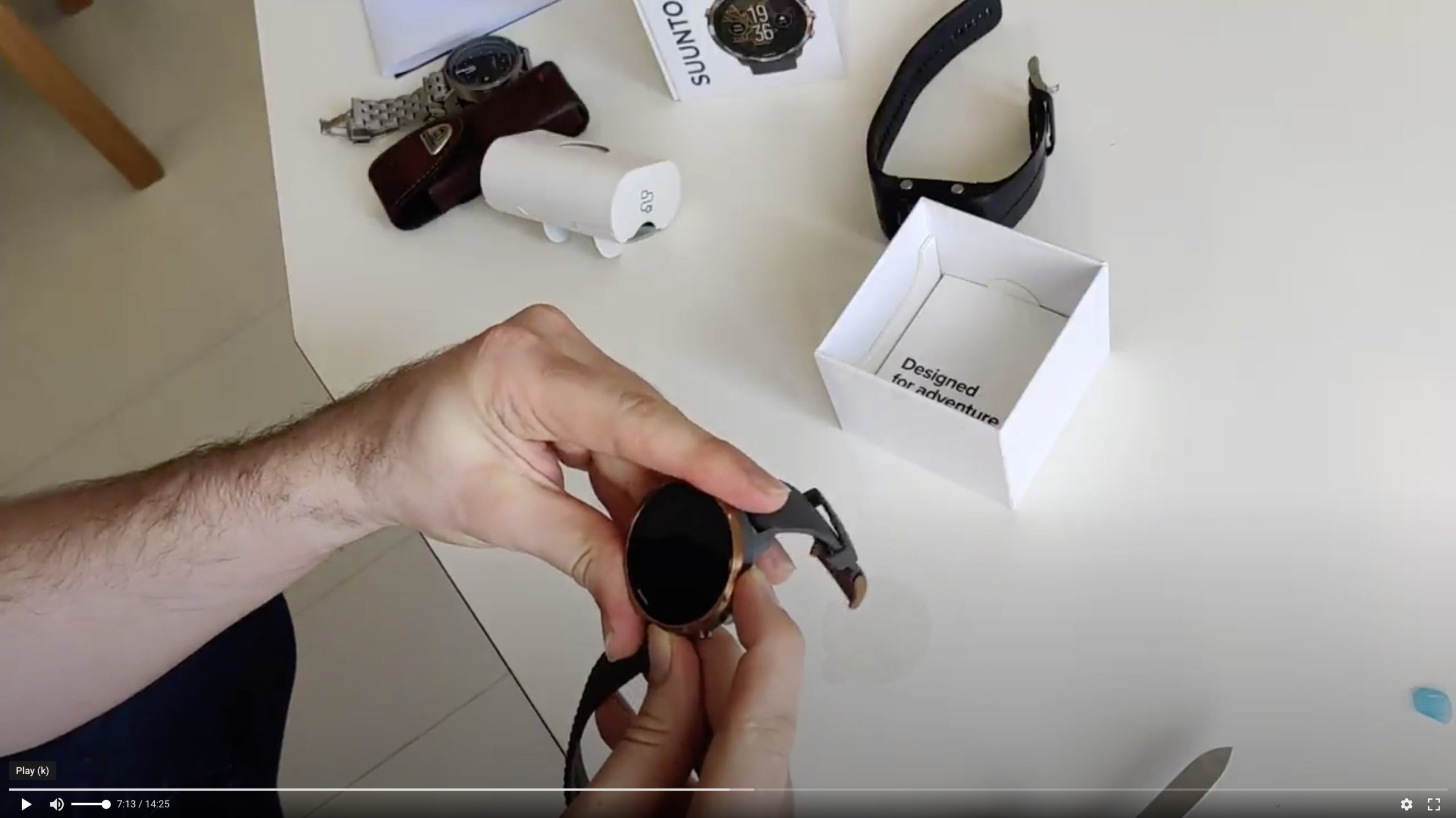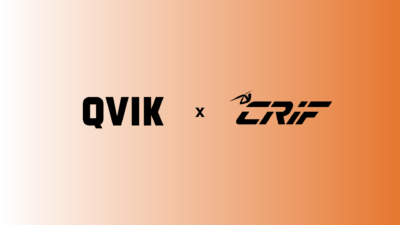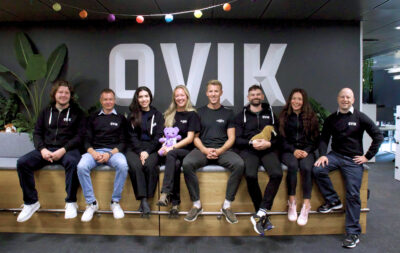
Improving the Suunto 7 purchase flow with expert evaluation
Qvik evaluated the Suunto 7 watch's whole purchase experience from the first social media ad to unboxing and strapping the watch onto the wrist for the first time. The process aimed to identify potential usability problems that downgrade the experience, along with inconsistencies in product communications and the online store.
Qvik evaluated the Suunto 7 watch’s whole purchase experience from the first social media ad to unboxing and strapping the watch onto the wrist for the first time. The process aimed to identify potential usability problems that downgrade the experience, along with inconsistencies in product communications and the online store.
If the online store experience is shaky and the customer’s expectations for the brand are left unfulfilled, new buyers will be lost and old customers will never return. An expert evaluation looks at the purchase experience from end to end, identifying flaws in usability and communications and suggesting fixes to these quickly.
Qvik took Suunto’s various sales channels into account by starting the evaluation from multiple points: some of our experts began with mobile, while others looked at the Suunto 7’s search engine visibility on desktop.
The results gave a comprehensive picture of what works in the current purchase flow and what you could do with a little polish to streamline the experience and support a quality brand image. Suunto was able to address the most critical issues immediately on the basis of the observations made by Qvik.
”The evaluation turned out to be an eye-opening and useful method that improved the visibility of the purchase experience to everyone working with the Suunto 7”, says Consumer Service and Consumer Experience Director Maria Pekkarinen of Suunto.
Our experts analyzed the following steps in the purchase flow:

Our experts analyzed the following steps in the purchase flow
Why hire outside evaluators?
The best results are achieved by independent evaluators – not the product’s own designers or users. Outsiders can see problems that insiders may be blind to. In addition, a broad base of experience in the design of similar products and online stores gives experts an insight into which solutions tend to work best.
Qvik’s designers reviewed the Suunto 7’s purchase flow and documented every step. They gave their experience an all-around rating composed of the points given to each stage. Using multiple experts guaranteed that the majority of issues were pinned down. The evaluators also made notes of those parts of the purchase flow that were exceptionally well implemented or outright delightful.
Outside experts can be used alongside user testing both during development and after the product is released. Although the evaluations do not eliminate the need for testing by any means, usability experts can put their observations into words better than regular users and can suggest solid improvements right away.

Qvik’s experts were in Suunto’s target audience, but had never actually purchased Suunto products.
Details are the key to an excellent experience
A usability evaluation draws attention to the most minute issues without downplaying them. Indeed, it’s usually easiest to start with the little things when improving the purchase experience.
Little quibbles that seem insignificant in themselves will degrade the experience when they accumulate. They can include:
- Typos and confusing instructions
- Inconsistencies in the user interface and confusing call-to-actions
- Overlong and winding texts
- Minor and annoying recurring bugs
- Fluctuating tone of voice
At worst, a missing error message can lead to the customer abandoning the purchase. That’s why the details matter when building a consistent experience.

The experts’ unboxing experiences were recorded on video to capture the smallest of observations.
The evaluation of the Suunto 7 purchase experience also addressed the aspects that go beyond the online store. With a physical product, you also need to look at the experience after the order is placed.
- How is the product delivered?
- What is the packaging like? Is it easy to open?
- How easy is it to start using the product? Did any unexpected problems crop up?
- And most importantly: does the product deliver on what the online store promised?
A holistic evaluation of these elements is particularly important when aiming at a seamless and pleasant end-to-end experience.
Qvik’s experts also evaluated how well Suunto did in the physical world. They examined the delivery, unboxing and contents of the package, and strapped the watch on and put it through its paces in real life.
Brand perception matters
The buyer’s brand perception is rooted in images and expectations. When those expectations become reality, customers will gladly come back again and again. Studying the buyers’ perception of the brand shows their reactions to the brand at different stages of the purchase flow.
Presumably, their impressions should only improve, without any setbacks. Steps that put a dent in the buyer’s attitude should be given extra scrutiny.
The brand experience was measured with questionnaires that Qvik’s evaluators took after every step. Despite the small size of the sample, the answers gave insight into parts of the purchase experience that failed to deliver on brand expectations.
Brand perception surveys can also be used on a bigger scale if you are rejuvenating your brand or looking to reach new audiences.
Evaluation results helped create concrete impact at Suunto
When the problem statement is done right and the evaluation goals are clear, the results can be put to use in just a few weeks. Qvik’s experts helped Suunto define the problem precisely enough to know for certain which questions the evaluation was answering and what was the desired goal.
The purchase flow of the current online store was polished to work even better based on the observations made by Qvik: Suunto made its product information and call-to-actions clearer, corrected its use of terminology, optimized search engine visibility and refined its email communications.
The wider-ranging impact of the evaluation will be reflected in the design and further development of Suunto’s online store. The focus will shift from simple mobile optimization to holistic design that pays regard to Suunto’s various purchase flows in a consistent and unified manner.
Expert evaluation schedule
Week 1:
- Kickoff, problem statement and goal definition
- Review, documentation and evaluation of the purchase experience
Weeks 2–3:
- Compilation and analysis of the results
- Presentation of the expert team’s suggestions to the client
Suunto has cooperated with Qvik for several years in the design of mobile applications for Suunto and the Amer Sports Group, and the cooperation continues.


